One year after the National Assembly passed a historic resolution banning e-cigarettes and heated tobacco products, the representative of the World Health Organization (WHO) in Vietnam stressed that to effectively protect public health, especially that of young people, the ban needs to be consistently reflected throughout the entire legal system.
“Since voting for a ban a year ago, Vietnam has been recognized internationally for its pioneering role in banning e-cigarettes and heated tobacco products. This is a decision of great significance for public health, and especially in protecting the health and future of young people,” said Dr. Angela Pratt, WHO Representative in Vietnam.
“In order for the National Assembly ’s ban on these harmful products to be effectively implemented, it is necessary to ensure that the e-cigarette and heated tobacco business is included in the list of prohibited investment and business sectors in the amended Investment Law (Article 6) without any exceptions. This is necessary to protect the achievements in public health that have been achieved and at the same time strengthen Vietnam’s reputation in the international arena as a pioneering country in protecting people’s health,” Ms. Angela Pratt stated.
Also according to Dr. Angela Pratt, over the past year, although the implementation and enforcement of National Assembly Resolution 173 on new tobacco products is still in its early stages, available evidence shows that the initial ban has clearly created positive impacts.
According to data from the Poison Control Center, Bach Mai Hospital, the number of emergency cases related to the use of these products - especially among young people - has decreased by nearly 70% in the 10 months after Resolution 173 was implemented compared to the same period before. In addition, thanks to the Resolution being issued, advertising activities for these products by celebrities and influencers seem to have ended.
According to WHO, allowing the production of e-cigarettes and heated tobacco products for export would create inconsistencies in the legal system and make enforcement challenging. The most effective approach, according to international practice, is to apply a uniform ban in all legal regulations to ensure strictness and avoid the situation of products returning to the domestic market.
Currently, 42 countries in the world have banned e-cigarettes, 24 countries have banned heated tobacco products. In the ASEAN region, in addition to Vietnam, 4 other countries, namely Singapore, Thailand, Laos and Cambodia, have banned both types of products; Brunei has banned e-cigarettes; and Malaysia will also ban e-cigarettes from 2026.
Current international best practice is for countries to enact bans consistently across their legal systems, and not allow exceptions for production for export.
According to the WHO Representative in Vietnam, Vietnam's strong efforts in 2024 have received wide recognition from the international community. At the World Health Assembly in May 2025, WHO Director-General Tedros Adhanom Ghebreyesus praised Vietnam for its pioneering and influential decision to protect public health.
“WHO is committed to joining the Ministry of Health in calling for a comprehensive and consistent regulatory approach to protect the health and lives of the Vietnamese people – especially the country’s young generation – by ensuring that the National Assembly’s ban on e-cigarettes and heated tobacco products is fully reflected in the amendments to the Investment Law,” affirmed Dr. Angela Pratt.
Source: https://baophapluat.vn/who-khuyen-nghi-quoc-hoi-viet-nam-luat-hoa-quy-dinh-cam-thuoc-la-moi-vao-luat-dau-tu-sua-doi.html





![[Photo] VinUni students' emotions are sublimated with "Homeland in the Heart: The Concert Film"](/_next/image?url=https%3A%2F%2Fvphoto.vietnam.vn%2Fthumb%2F1200x675%2Fvietnam%2Fresource%2FIMAGE%2F2025%2F11%2F26%2F1764174931822_10-3878-jpg.webp&w=3840&q=75)
![[Photo] Close-up of heavy damage at the school located on the banks of the Ban Thach River](/_next/image?url=https%3A%2F%2Fvphoto.vietnam.vn%2Fthumb%2F1200x675%2Fvietnam%2Fresource%2FIMAGE%2F2025%2F11%2F26%2F1764152130492_ndo_bl_img-8188-8805-jpg.webp&w=3840&q=75)

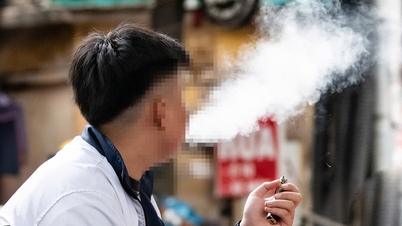

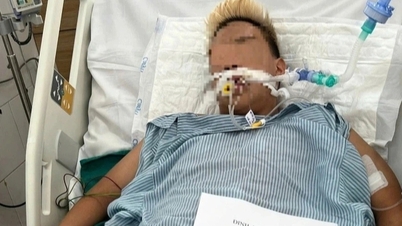

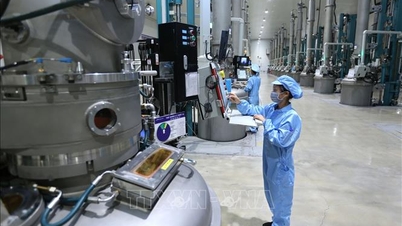

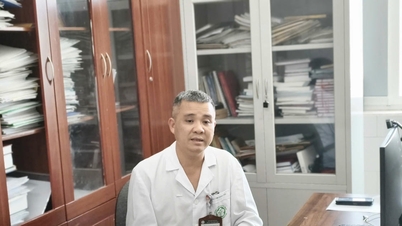
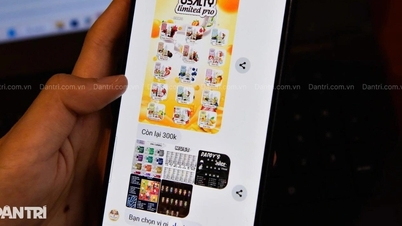


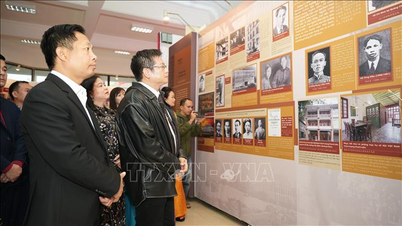





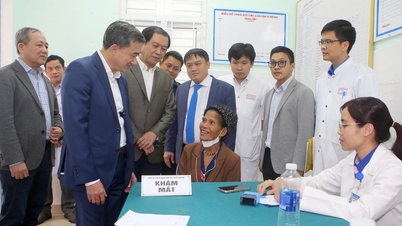







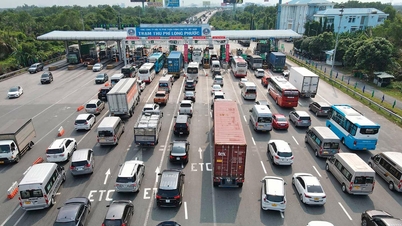
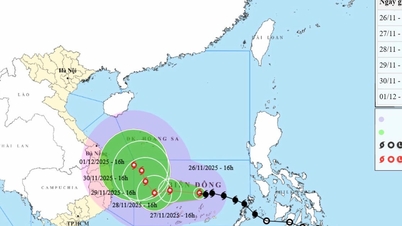
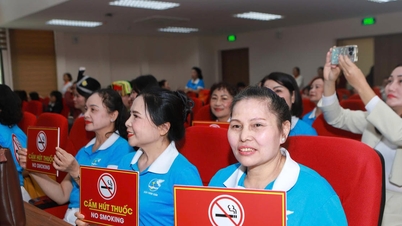

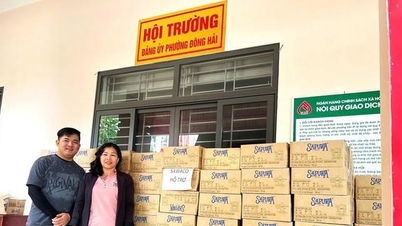
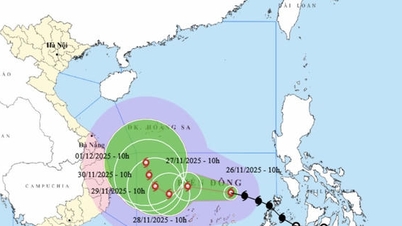




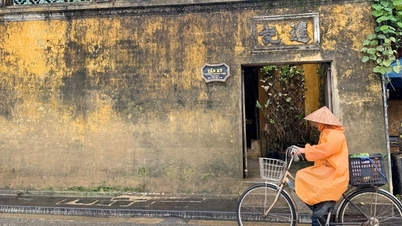



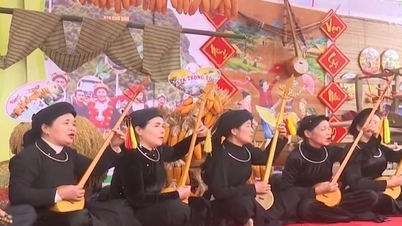

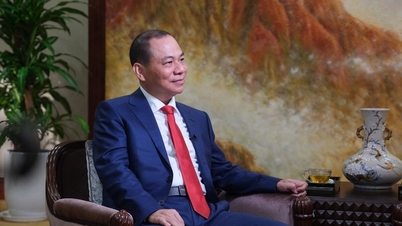



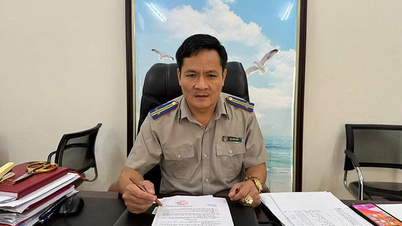

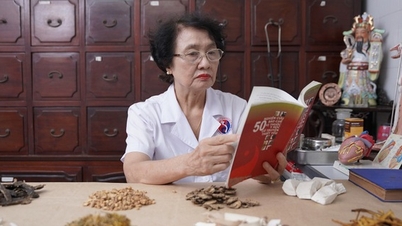



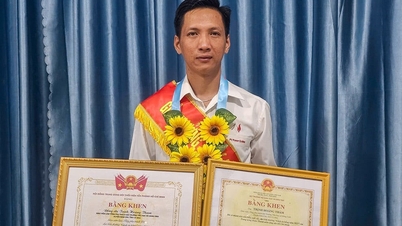

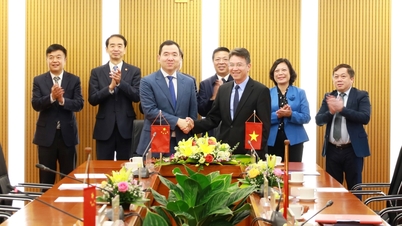



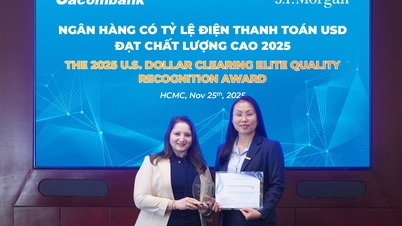

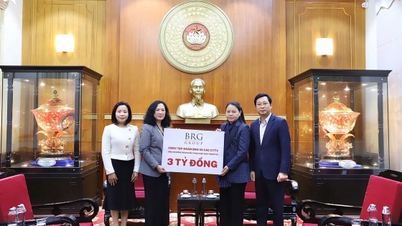

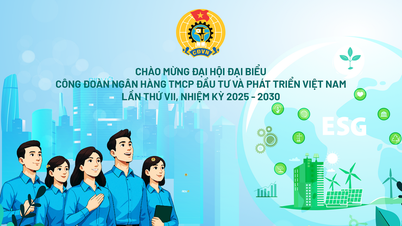








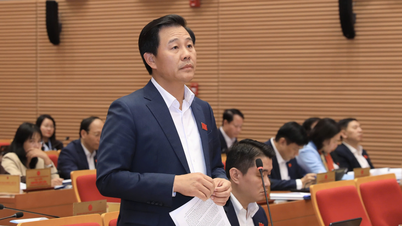
![[Photo] Opening of the 28th Session of the Hanoi People's Council](https://vphoto.vietnam.vn/thumb/402x226/vietnam/resource/IMAGE/2025/11/26/1764155991133_image.jpeg)



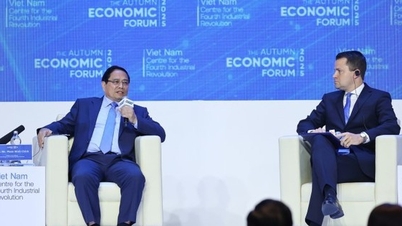





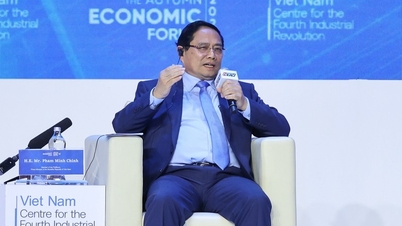
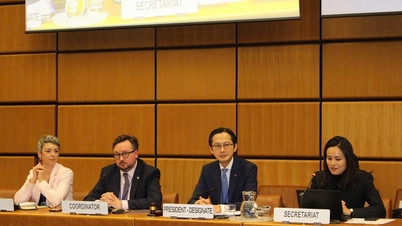
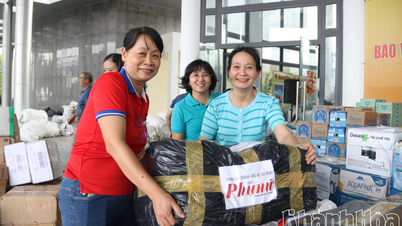


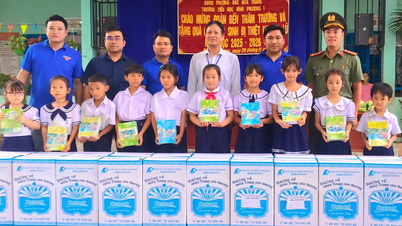
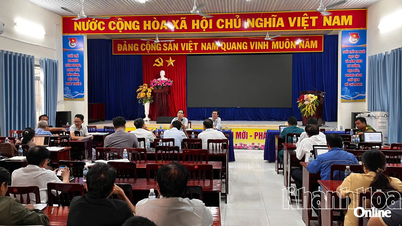
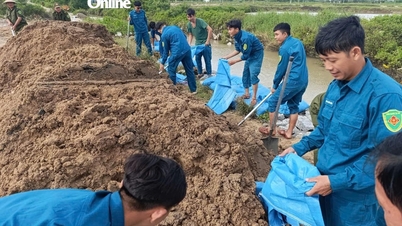












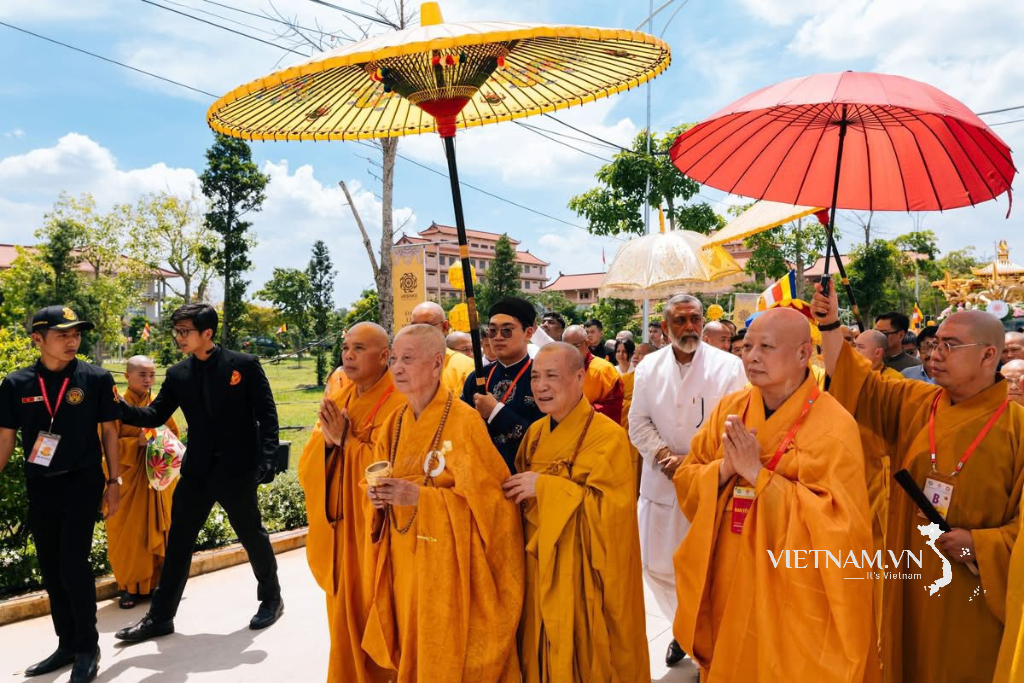

Comment (0)